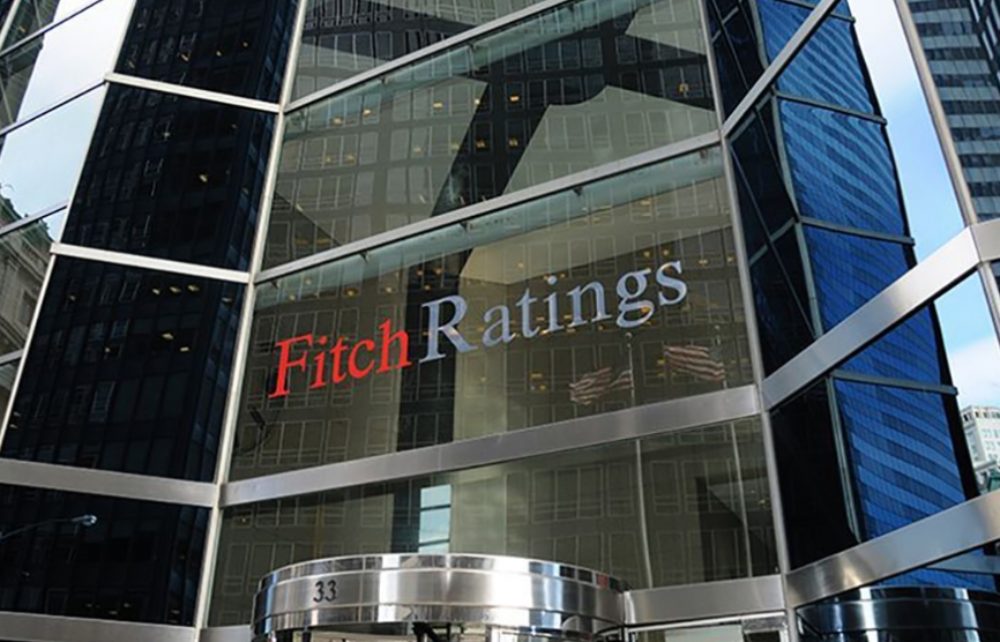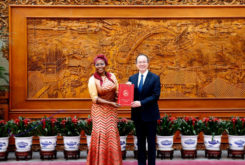The global economic downturn has caught Angola and Mozambique very exposed and fiscally “vulnerable”, according to Fitch Ratings.
In its most recent review of the credit profile of Mozambique, Fitch rates the country at “Caa2”, meaning that a “default or default-like process has begun, or the issuer is in standstill, or for a closed funding vehicle, payment capacity is irrevocably impaired”.
The rating, according to the agency, reflects Mozambique´s “b1” economic strength, “constrained by low economic diversification, competitiveness and wealth levels and its high exposure to environmental risks, but supported by the ongoing development of its significant gas potential”.
Mozambique´s “ca” institutions and governance strength are based on the country’s “very weak ranking in the Worldwide Governance Indicators and track record of default”. Fitch adds that Mozambique´s “ca” fiscal strength is related to “elevated public sector debt as well as foreign exchange risk exposure” and its “caa” susceptibility to event risk is “driven by government liquidity risk and external vulnerability due to persistent constraints on access to external foreign-currency funding”.
Before the crisis, in 22 November 2019, S&P Global Ratings raised Mozambique’s sovereign credit rating to ‘CCC+’ from ‘SD’ (selective default), citing as key drivers the completion on October 30 of Mozambique’s distressed debt exchange, whereby the government exchanged its US$726 million notes due in 2023 with US $900 million due in 2031.
S&P was the third of the three major rating agencies to remove Mozambique from the category of sovereign credit quality analysis, which in practice prevented the country from accessing international financing, given the risk perceived by foreign investors.
The credit profile of Angola is now ranked higher than Mozambique´s by Fitch (issuer rating B3, considered “highly speculative”) reflecting “b1” economic strength, “with modest medium-term economic prospects and relatively low wealth levels for an oil sector driven economy characterized by poor levels of diversification and competitiveness”.
Institutions and governance strength (“Caa1”) indicate the “weakness of the institutional framework in Angola” while the “ca” fiscal strength is grounded on “the sharp deterioration of the government’s debt and debt affordability mainly driven by the oil price drops in recent years”.
Susceptibility to event risk (“ba”), is due to government liquidity risk “heightened by high gross borrowing requirements, and external vulnerability risk reflecting by the weak external position that remains highly vulnerable to the international oil prices”.
Angola and Cabo Verde are among a group of African countries considered by Fitch Ratings as being at high risk of debt distress, in the current economic crisis context.




